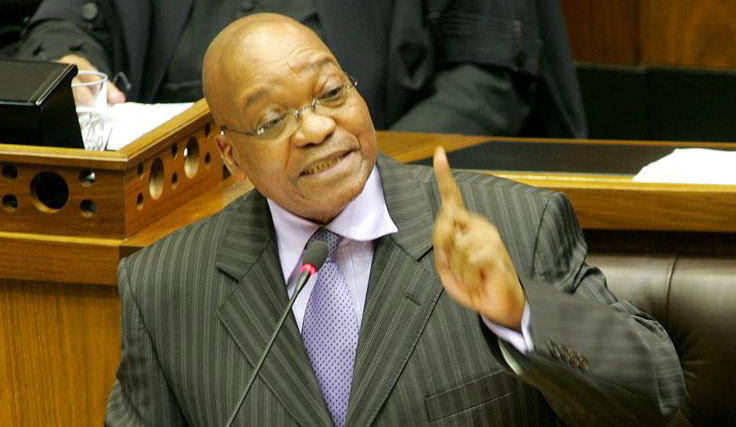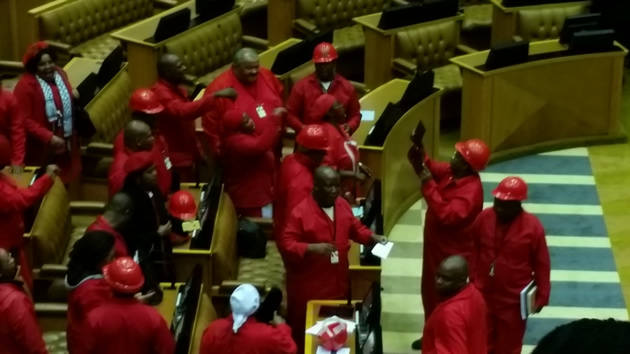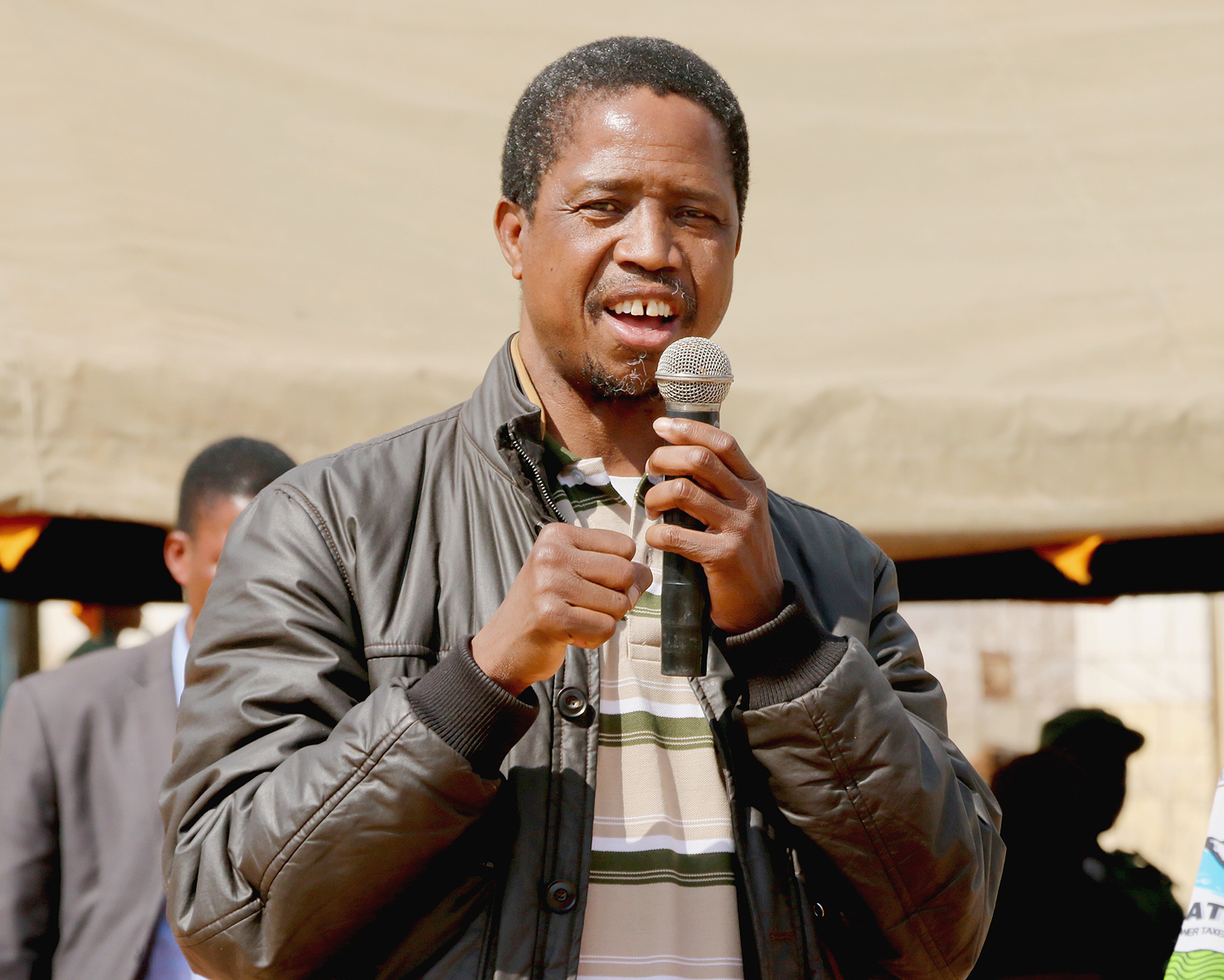Lukewarm reception for Zuma’s SONA

CAPE Town — President Jacob Zuma’s State of the Nation Address (SONA) drew mixed reviews from civil society yesterday evening. Executive secretary of the Council for the Advancement of the SA Constitution, Lawson Naidoo said today was a sad day for Parliament. “I don’t think anyone in Parliament can be happy with what we saw — I think they let the country down. Our elected representatives haven’t carried forward the mandate of the people, which is to govern the country in terms of the Constitution.”
Wits economist, Kenneth Creamer, was dismissive of Zuma’s statement that 200,000 new job opportunities were created of late, saying it was not sufficient to make a serious dent in South Africa’s structural employment problem.
“To create sufficient employment opportunities South Africa needs a step-change in investment levels. The state of the nation didn’t clearly spell out how South Africa is going to lift investment from current levels of around 20 percent of GDP (gross domestic product),” he added.
“The National Development Plan’s target (is) annual investment valued at 30 percent of GDP.”
Instead the country needed a clear commitment from the government that it will do what it takes to maximise investment in key sectors — like mining, manufacturing and agriculture.
“Public sector investment has been on the rise, but it has failed sufficiently to stimulate or crowd-in private sector investment. Successful state-led investment should serve as a catalyst for increased levels of private sector investment. But this hasn’t been happening.
“South Africans need to work together to lift investment in the country’s future.”
While the government will introduce a number of changes to speed up land reform in the country, including setting a ceiling of land ownership at a maximum of 12,000 hectares, there was still criticism from civil society.
“Zuma says government is still pursuing a 50-50 percent farm workers policy, despite farm workers being very opposed to it at last year’s Land Summit convened by government, this policy gives farm workers equity shares – not real ownership,” UCT land reform researcher, Tara Weinberg said.
“This policy makes them vulnerable to farm evictions.”
While Cosatu was not available to comment at the time of publication, National Education Health and Allied Workers Union (Nehawu) spokesman, Sizwe Pamla clarified why union members had withdrawn voluntary work on Thursday evening.
“The 2014 wage negotiations haven’t been finalised because of the instransigence of management,” he said.
Nehawu had agreed to an 8.5 percent increase but the issue of a 13th checque for parliamentary workers had not been agreed upon.
As such, Pamla said, Nehawu would not start this year’s wage negotiations before last year’s were finalised. — Labour Bureau.












Comments